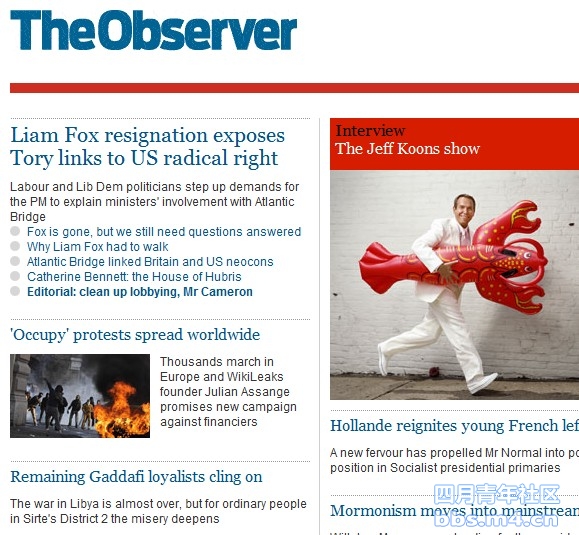Exploring the Insights of Peter Berkowitz: A Deep Dive into His Political Philosophy
Guide or Summary:Understanding Peter Berkowitz's Political PhilosophyThe Role of Governance According to Peter BerkowitzPeter Berkowitz on the Importance of……
Guide or Summary:
- Understanding Peter Berkowitz's Political Philosophy
- The Role of Governance According to Peter Berkowitz
- Peter Berkowitz on the Importance of Intellectual Diversity
- Conclusion: The Lasting Impact of Peter Berkowitz's Ideas
Peter Berkowitz is a prominent figure in the realm of political philosophy and policy analysis. His work has garnered significant attention for its depth and clarity, making him a vital voice in contemporary discussions on democracy, freedom, and the role of government. In this article, we will explore the key themes of Berkowitz's thought and their implications for modern society.
Understanding Peter Berkowitz's Political Philosophy
Berkowitz's political philosophy is rooted in a deep understanding of the principles that underpin democratic societies. He emphasizes the importance of individual liberty and the moral foundations of political order. His writings often reflect on the tension between freedom and authority, arguing that a balanced approach is essential for the health of any democracy.

One of the central tenets of Berkowitz's philosophy is the idea that democracy thrives when citizens are educated and engaged. He advocates for a robust civic education that teaches individuals not only their rights but also their responsibilities within a democratic framework. This focus on civic engagement is particularly relevant in today's political climate, where polarization and disengagement are prevalent.
The Role of Governance According to Peter Berkowitz
In Berkowitz's view, the role of governance is to create an environment where individual freedoms can flourish. He argues that government should be limited in its scope, intervening only when necessary to protect the rights of citizens. This perspective aligns with classical liberal thought, which prioritizes personal autonomy and skepticism of state power.
Berkowitz also discusses the challenges that modern democracies face, including the rise of populism and the erosion of trust in institutions. He believes that restoring faith in governance requires transparency, accountability, and a commitment to the rule of law. His insights are particularly pertinent in an era where many citizens feel alienated from the political process.

Peter Berkowitz on the Importance of Intellectual Diversity
Another significant aspect of Berkowitz's thought is his emphasis on intellectual diversity within academic and public discourse. He argues that a healthy democracy relies on the free exchange of ideas, and that institutions of higher learning should be bastions of diverse viewpoints rather than echo chambers. This commitment to open dialogue is crucial for fostering critical thinking and preventing ideological extremism.
Berkowitz's advocacy for intellectual diversity extends beyond academia; he encourages all citizens to engage with opposing viewpoints. In a time when social media often amplifies divisive rhetoric, his call for respectful discourse is both timely and necessary.
Conclusion: The Lasting Impact of Peter Berkowitz's Ideas
Peter Berkowitz's contributions to political philosophy offer valuable insights for navigating the complexities of modern governance. His emphasis on individual liberty, civic engagement, and intellectual diversity provides a framework for understanding the challenges facing democracies today. As we reflect on his work, it becomes clear that the principles he champions are not only relevant but essential for the preservation of democratic values in an increasingly polarized world.

In summary, engaging with the ideas of Peter Berkowitz allows us to better understand the dynamics of political life and the importance of nurturing a vibrant, engaged citizenry. His work serves as a reminder that the health of our democracy depends on our collective commitment to uphold the values of freedom, responsibility, and open dialogue.